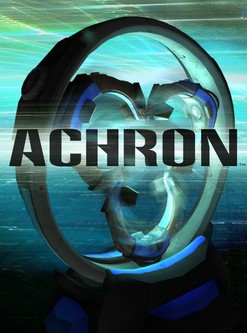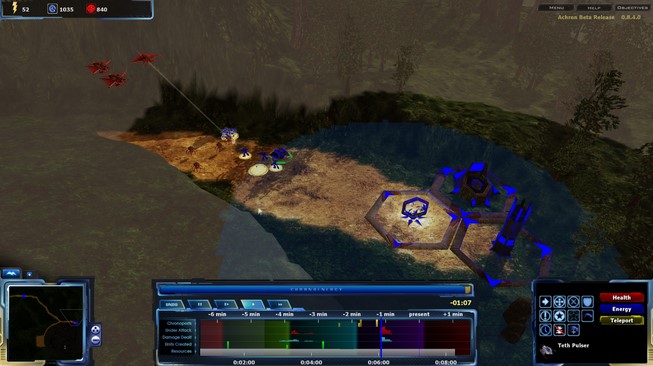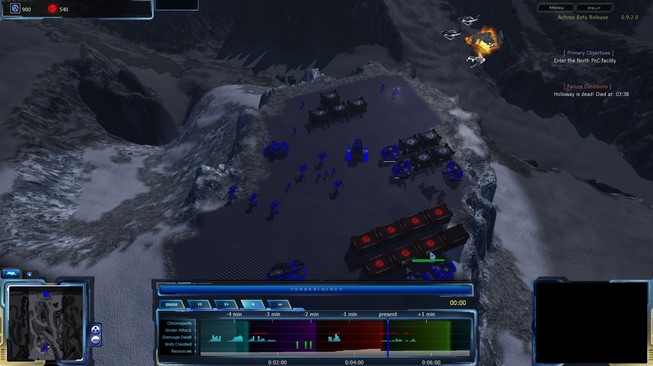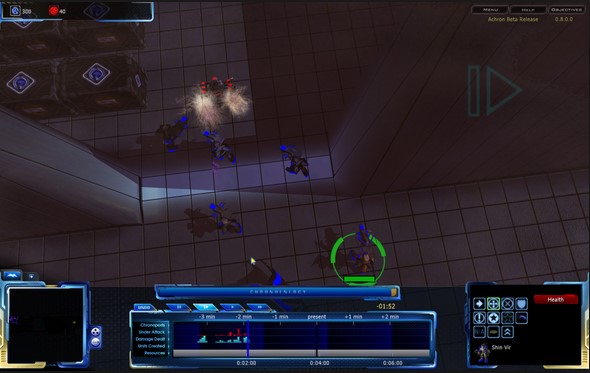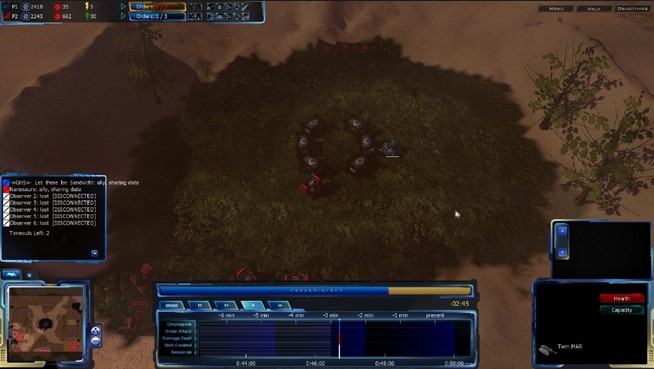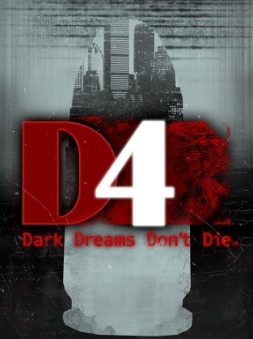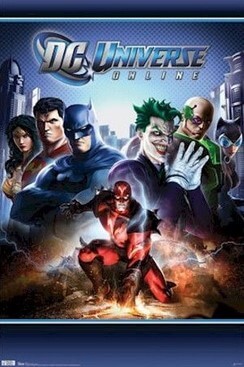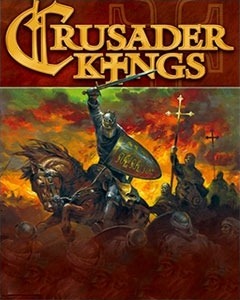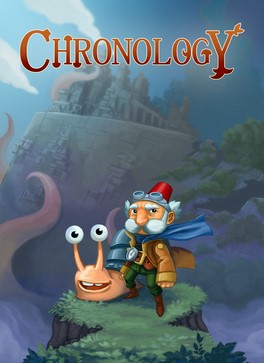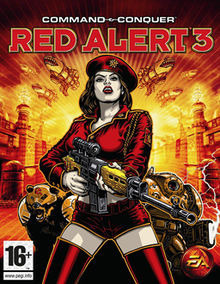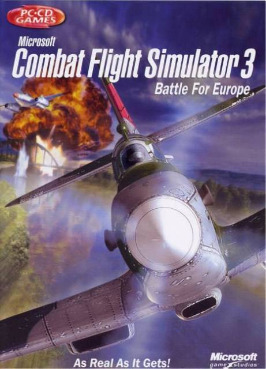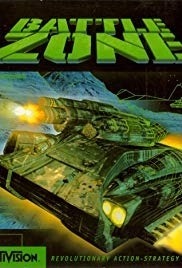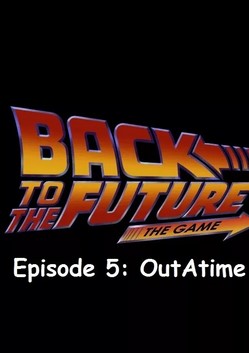Achron is a real-time strategy computer game. It is considered to be the first "meta-time strategy game" (Real-time strategy with time travel), notable for being the first game with free-form multiplayer time travel and its themes of concepts like the grandfather paradox. Achron was released on August 29, 2011.
Gameplay
The main aspect of gameplay in Achron is the fact that the game proceeds not only in many instances of space, but also in many instances of time. Players can simultaneously play in the past, present, or future. The player can only travel a certain distance into the past - after a while, the timeline becomes permanent.
For instance, if the player is attacked at an unexpected spot, they can travel to the past and move their army towards the spot where they now know the attack will occur. Or if the player waged a battle which ended in defeat, they can jump to the past and prevent the battle from ever happening. That said, the opponent may alter the course of events as well in order to counter any changes in history the player made. Chris Hazard states that "the gameplay tends to be a race to the past." Entire battles may take place in the speculative future as well, and players may take a look into the future to know what the results of their actions will be.
Additionally, apart from the player being able to view and command his forces in the past and the future, individual units may travel through time as well, with a process called "chronoporting". When it takes place, the player must be cautious to avoid "chronofragging" their units - that is, having units collide with previous or future instances of themselves (or other units) after traveling through time because they occupy the same physical space at the same time. Thus the player must move their units to deliberately free spaces in the time zone they want to send them to in order to avoid this; otherwise, the weaker of the two units ends up destroyed, with the stronger surviving but receiving certain damage.
Chronoporting is useful as different instances of a unit may battle alongside themselves, resulting in a way of easily building large armies of time clones. However, if one of the instances of the unit that originally time-traveled no longer does so, all the instances after it will cease to exist.
The main, most notable resource of the game is chronoenergy. It exists as a limitation to players' interference with time. Issuing commands in the past costs chronoenergy, in order to prevent players from continually and endlessly countering the other's changes in the past and indiscriminately undoing all their mistakes. The deeper in the past modifications are and the more units being given the command, the more chronoenergy the orders will cost. Chronoenergy is regenerated as long as no commands are being made.
Chronoporting may lead to the grandfather paradox. In order to solve this, the game's engine automatically switches between the two possible outcomes. For instance, if a tank travels to the past and destroys the factory that created it, the tank survives and the factory is destroyed with the passing of a time-wave, vice versa with the passing of another, and so on until one outcome falls out of the boundaries of the timeline and the other becomes the absolute outcome.
Story
Hundreds of years in the future, humans have begun colonizing other worlds, however they have been reliant on conventional propulsion systems that may take hundreds of years to reach their destination. This all changed when alien ruins were discovered in the Remnant system. Technology present in the ruins led to the development of instantaneous teleportation. Within a few decades, all colonies were linked by a network of gates, and new colonies could be constructed in significantly less time. However, humans never came across another intelligent race, until communications with a border colony suddenly stopped. Several other colonies followed, and an enormous alien fleet was found laying waste to one of the colonies. A huge fleet was called to the Remnant system to meet the invaders, however they were outthought and outmaneuvered at every turn despite the invader's inferior firepower and as discipline broke down the data feed from the Remnant gate went dark. The player is trapped on the wrong side of the gate and as one of the survivors, they must piece together what happened and unravel the mysteries of the alien invasion and the Remnant system itself.
Interface
Just as there is a mini-map for the player to guide themselves through space, the game's gameplay requires that there also be a timeline for orientation through time. Attacks occurring in the past or in the future are displayed on the timeline, as well as what point in time opponents are currently viewing and managing.
Changes in the past do not instantly affect the present. Instead, alterations are propagated via "timewaves", in order to give players a chance to react to opponents' changes in the past before they become irrevocable and directly linked to the present.
